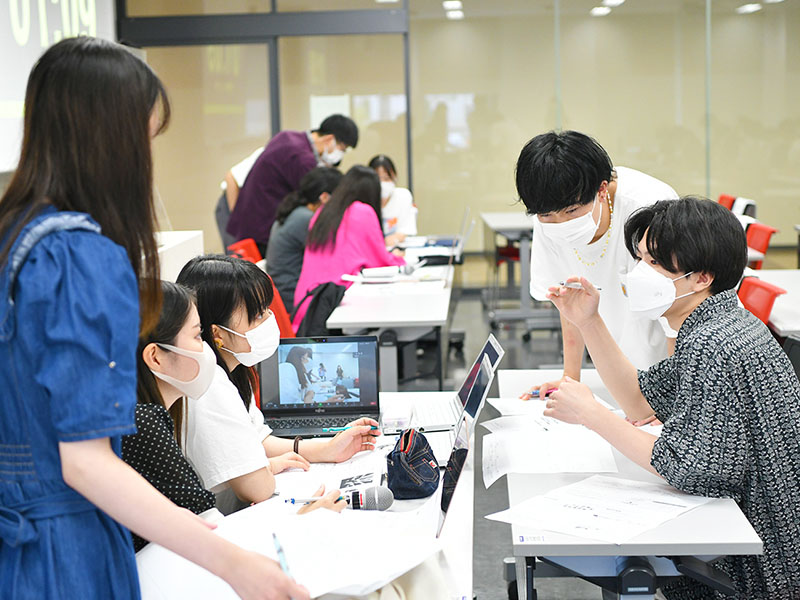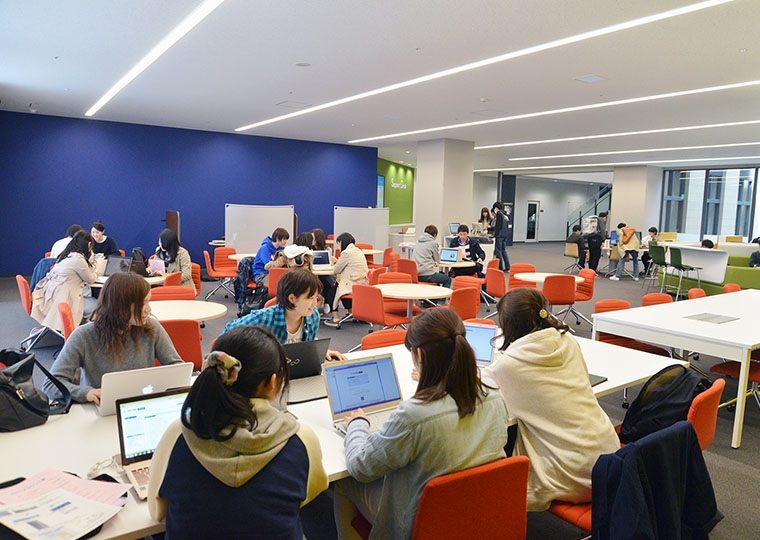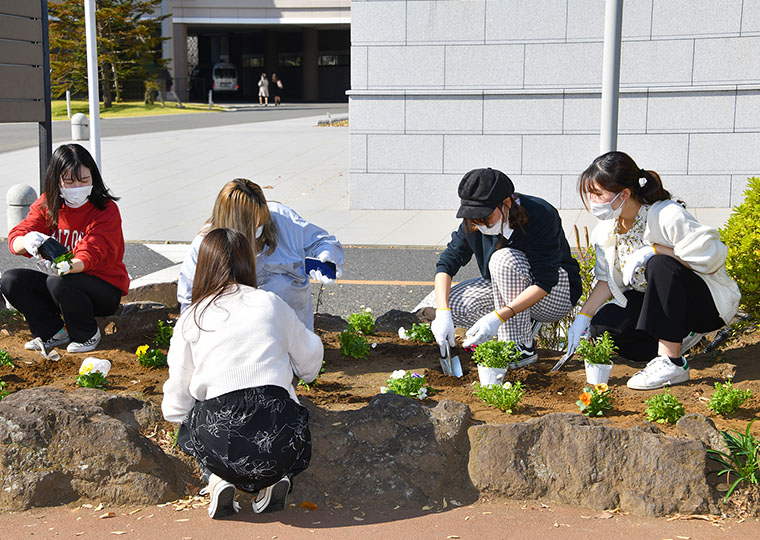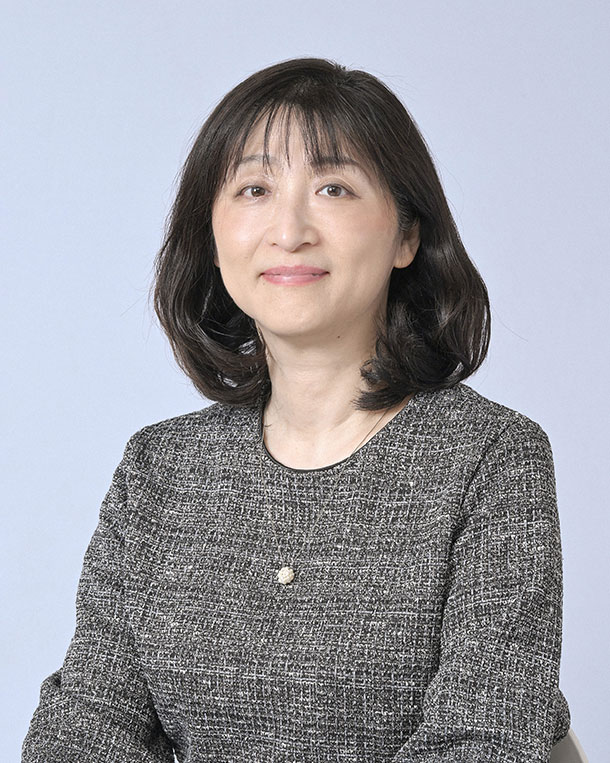The Attraction and Power of Liberal Arts
"Liberal Arts" is an educational program that originates from the "Seven Liberal Arts" that originated in ancient Greece and Rome.
People at that time did not have the idea of "specialized fields,” but rather, by comprehensively deepening their knowledge and understanding of the phenomena around them, such as speech (Trivium 3: Grammar, Logic, and Rhetoric) and science and mathematics (Quadrivium 4: Arithmetic, Astronomy, Music, and Geometry), they were able to develop their knowledge and skills to liberate themselves from the constraints and assumptions of entrenched thinking. The objective was to learn the knowledge and skills that would "free" human beings.
Our university views the Liberal Arts as "the multifaceted perspectives, knowledge, and skills necessary to solve problems in a society with increasingly diverse and complex values." In other words, the Liberal Arts education provided at the College of Arts and Sciences does not provide a monocular view of events from a specific field of specialization but, rather, offers approaches to problems from the viewpoints and knowledge of multiple fields of specialization, with the aim of identifying the key points of complex problems and solving them.
The Human Ideal of Tamagawa University's College of Arts and Sciences
To unravel the issues of today's society where diverse elements are intertwined,
A multifaceted vision based on multiple fields of expertise is required.

The challenges of modern society are so complex that they can seldom be addressed only with knowledge from a specific field of specialization. The ability to see things from multiple perspectives and to consider appropriate approaches is what is needed. We call this ability "multifaceted vision." In the College of Arts and Sciences, students combine this "multifaceted vision" with the "ability to take action" to put their ideas derived from this multifaceted vision into action, cultivating their ability of our students to discover and develop their own paths forward.
In 2023, Tamagawa's Liberal Arts Program Became Deeper and Freer!
As the first university in Japan to create a "Liberal Arts" department, and as a faculty that embodies "Education for the Whole Person," Tamagawa University is committed to providing students with a Liberal Arts education.

Tamagawa University was the first university in Japan to create a department with the title "Liberal Arts." Since its founding, the university has broadly studied multiple academic fields and sought to cultivate students who have the ability to perceive things from various perspectives. Furthermore, through experiential learning in real-world fields, we have also focused on cultivating the students with ability to take action and put their ideas into practice.
The education offered by the College of Arts and Sciences is the embodiment of the "Education for the Whole Person" that Tamagawa Gakuen's founder, Kuniyoshi Obara, advocated. Because Tamagawa University's College of Arts and Sciences is a Liberal Arts college, we have a system in place to firmly support your desire to learn.

In 2023, the "Double Field System" will begin.
Philosophy, Psychology, Sociology, International Relations, Literature, Folklore, Japanese Linguistics, Environmental Studies, Cultural Studies, Body Studies, Informatics, and Pop Culture Studies…We have expanded our " Liberal Arts" studies to cover a wide range of academic disciplines and offer four fields of study: Human, Society, Culture, and STEAM. Students will select and focus on two of these fields to cultivate a multifaceted perspective.


Message from the Dean

With the rapid advancement of science and technology, society has become highly information-oriented, and globalization has accelerated. While we have benefited greatly from these developments, we also face various challenges that you likely experience in your daily lives. The problems surrounding our society are complex, and solving them requires a broad education and the creativity to integrate diverse fields of knowledge and devise new solutions.
At the College of Liberal Arts, our goal is to cultivate the ability to critically evaluate issues from multiple perspectives by encouraging students to study across a variety of disciplines rather than focusing on a single area of expertise. We also emphasize developing communication skills essential for living alongside people with diverse values, including proficiency in Japanese expression, English conversation, and IT literacy. Furthermore, we hope that through discussions with faculty and peers and experiential learning projects that take you into various regions of Japan and the world, you will nurture rich human qualities and creativity beyond just acquiring knowledge from lectures and literature.
We, the faculty members, are ready and eager to learn alongside you both in the classroom and in the wider world. We look forward to welcoming you to the College of Arts and Sciences.